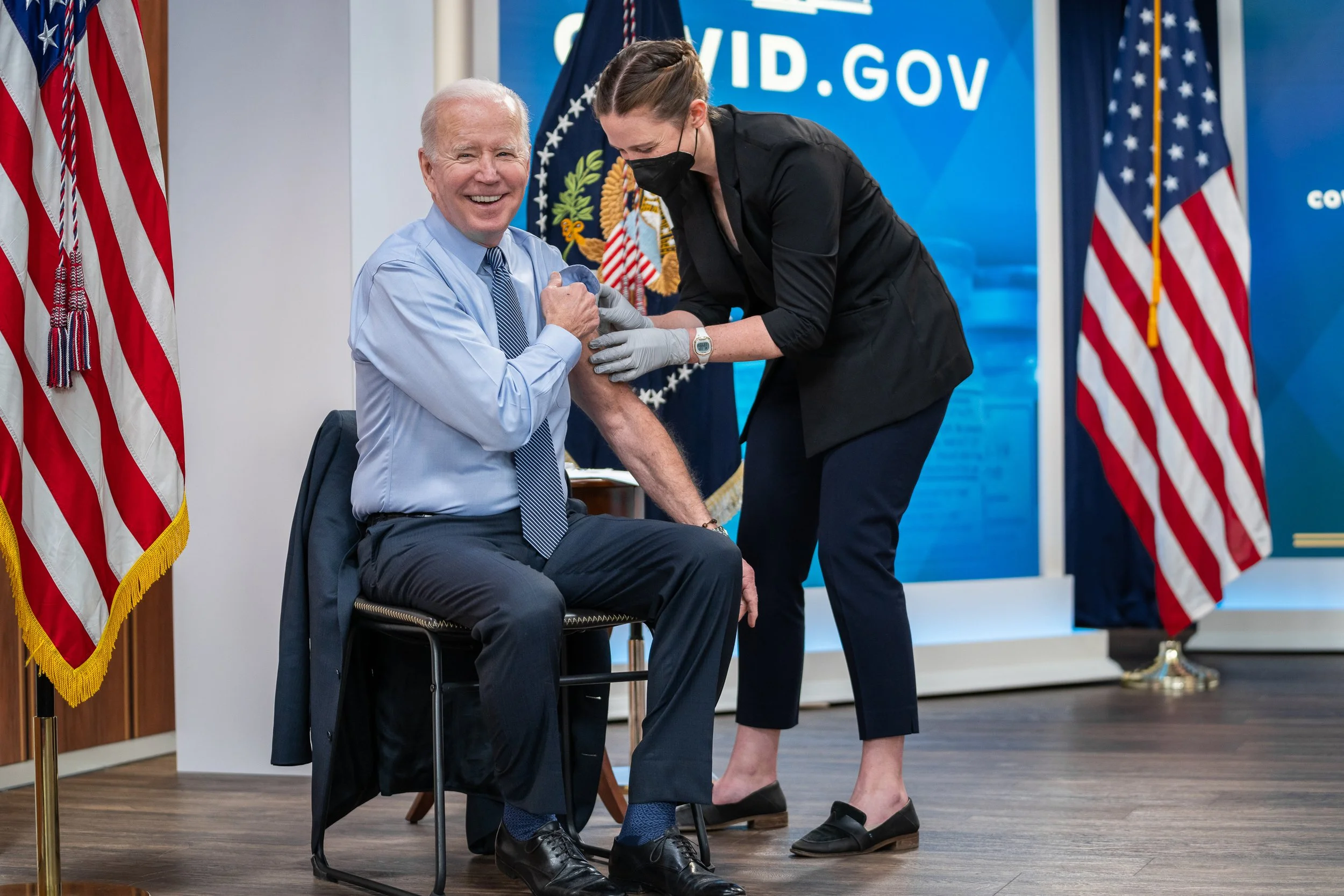Biden administration to end COVID-19 public health, national emergency in May
After three years, the administration will end COVID-19’s public health and national emergency statuses in May 2023. WikiCommons
Three years after the start of the COVID-19 pandemic, the Biden administration will end both the public health emergency and national emergency for the disease on May 11.
Former President Donald Trump’s administration first declared the public health emergency in January 2020 and announced the national emergency in March 2020.
A statement from the White House on Jan. 30 explains that instead of immediately ending the emergencies, the administration decided to push the expiration date to May to give time for health care services like hospitals to prepare in response to Congress’s bills to immediately end the public health emergency and national emergency — H.R. 382 and H.J. Res. 7 respectively.
“(A)n abrupt end to the emergency declarations would create wide-ranging chaos and uncertainty throughout the health care system — for states, for hospitals and doctors’ offices and, most importantly, for tens of millions of Americans,” the statement reads.
The statement also explains that waiting until May to end the emergencies will prevent millions of Americans from suddenly losing their Medicaid coverage that they were guaranteed during the pandemic. It will also allow health care facilities supported by the emergency declarations more time to change their billing processes for patients.
Alexander Bay, the co-director of the health humanities minor program at Chapman University, told The Panther that the role of COVID-19 in Biden’s agenda after May 11 is not certain. However, Bay believes that Biden will emphasize the success of his leadership during the COVID-19 pandemic if he chooses to campaign for a second term.
“That’s to be seen,” Bay said. “If Biden ends up running for a second term — which all indications look like he probably will — he will tout (his COVID-19 agenda) as one of his successes of his first term.”
Bay explained that COVID-19 — more specifically the memory of it — will be used in politics in the future once the pandemic has finally phased out.
“It will become citizens’ kind of private duty to guard against COVID-19 and other diseases,” Bay added. “At the end of the day, it was a matter of time when the government would kind of step back and place it firmly on individual shoulders to prevent COVID-19 and things like that.”
As for the toll that the end of the public health and national emergencies will have on the healthcare system, Bay said that it will depend on the amount of hospitalizations, deaths and prevention measures that people follow.
“If the numbers stay where they are — the number of hospitalizations and the number of deaths, all these things that are falling and that if a certain number or a certain percentage of the population still practices safety habits — getting boosters and stuff — (the healthcare system) should probably be able to handle it,” Bay said.
Bay also noted that the physical and mental toll that healthcare workers have endured from fighting COVID-19 could negatively affect the healthcare system.
“One of the unknowns is the long-term effects of burnout and things like that on frontline health workers,” Bay said. “I don’t know the numbers in terms of the number of health workers we had in the system before COVID and the number of health workers we have in the system now… If our healthcare personnel are kind of decimated, then that’s not going to look good for the next round.”
In 2023, Chapman students like sophomore psychology major Nicole Teav barely worry about COVID-19 compared to 2020.
“In 2020, I thought I was going to die,” Teav told The Panther. “(I heard) it was so deadly because everybody was talking about it on the news. People were like, ‘The death rates are raising up really high.’ But now, it’s not too bad, I think. Also, we have vaccines now.”
Bay believes that the way the government will handle the next pandemic depends on the dominant political party, but society may continue the historical pattern of disregarding the lessons learned from a pandemic.
“When you look at the history of epidemic disease, part of that larger history is society’s tendency to forget,” Bay said. “(People) forget the lessons of the previous pandemic, and they kind of have to relearn them. And, so, is the next administration going to be prepared? They partially will be. But, if the historical pattern of forgetting is consistent, then there will be a steep learning curve when the next kind of thing really hits us.”

